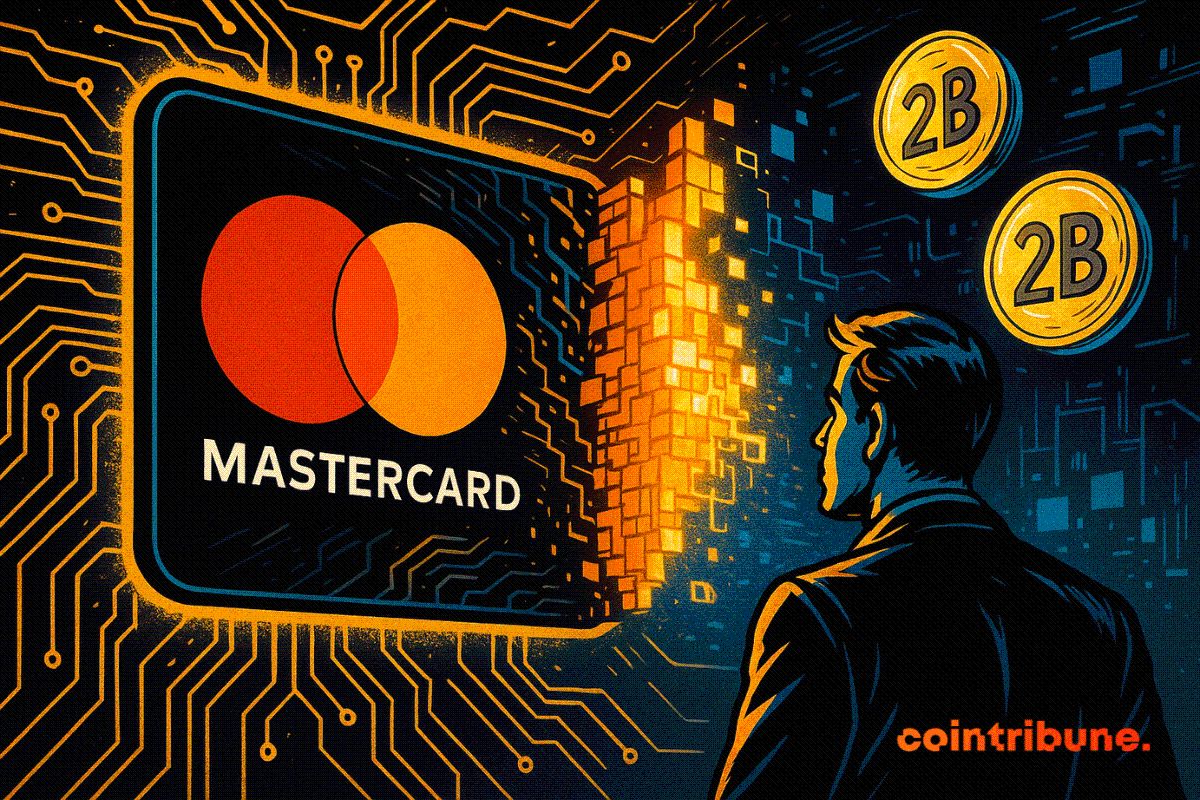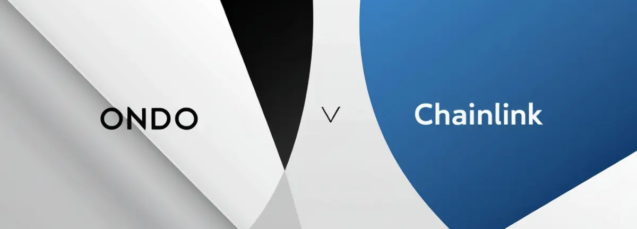Zero Knowledge Proof (ZKP) is creating a new approach to how artificial intelligence (AI) compute can be distributed, verified, and protected within decentralized environments. The growing reliance on AI models has increased the need for high-performance computing resources while also bringing privacy and intellectual property concerns to the forefront. Traditional centralized systems often struggle to meet these demands without sacrificing transparency or user control.
The Zero Knowledge Proof (ZKP) ecosystem introduces a structure designed to balance these needs. It aims to deliver a framework that allows AI tasks to be processed across a network of nodes in a way that preserves privacy and ensures accountability. Its architecture is built around collaboration, efficiency, and privacy, positioning it as a possible foundation for the next generation of decentralized AI compute.
ZKP Redefines Compute Through Dual Consensus
At the core of Zero Knowledge Proof (ZKP) lies a dual consensus model that merges Proof of Intelligence (PoI) and Proof of Space (PoSp). This hybrid mechanism distributes workloads across computational and storage-based nodes, allowing the network to process complex AI tasks efficiently while maintaining verifiable integrity.
Proof of Intelligence serves as the computational engine of the network. It validates that each node is performing legitimate AI-related work, ensuring that output data can be trusted without revealing the underlying operations. Proof of Space complements this by leveraging available storage across the network, maintaining a verifiable record of resource commitments and ensuring that data remains accessible and secure.

Together, these systems form a balanced ecosystem capable of scaling to meet the computational demands of AI while avoiding the pitfalls of centralized infrastructures. The design also promotes fairness by rewarding participants in proportion to their contributions. This merit-based model strengthens the integrity of the network.
Privacy, Verification & the Role of Cryptography
Privacy is central to the Zero Knowledge Proof (ZKP) ecosystem. The framework utilizes advanced cryptographic techniques, including zk-SNARKs and zk-STARKs, to enable verifiable computations without disclosing sensitive data. This allows nodes to process encrypted datasets, ensuring that information remains confidential even as it moves through decentralized systems.
This capability is especially valuable in AI applications that rely on proprietary models or personal data. It ensures that organizations and users can engage in computation or data exchange without compromising intellectual property or privacy. This feature sets the foundation for collaborative AI development, where parties can cooperate securely without needing to reveal their underlying models or datasets.
In practice, these cryptographic processes help validate both data integrity and output correctness. They support transparency without exposing sensitive details, a balance that has become increasingly important as AI regulation and data privacy standards tighten.
Building an Equitable Network for AI Collaboration
The Zero Knowledge Proof (ZKP) ecosystem is not only about computational power but also about building an equitable marketplace for data and AI resources. Within this framework, users can securely share, trade, or monetize datasets and AI models through private and verifiable transactions.
The system’s use of zero-knowledge proofs ensures that while transactions are validated, the data itself remains confidential. This approach encourages collaboration among a diverse set of participants, from large-scale AI developers to smaller contributors who may offer niche datasets or computing capacity. By rewarding contributions transparently, the system promotes inclusion and reduces the inequalities that often arise in centralized technology environments.
The decentralized marketplace also ensures that data exchange occurs with built-in accountability. Each interaction, whether it involves compute validation or storage verification, is supported by cryptographic proof, making every transaction auditable and fair. This combination of verifiable exchange and equitable participation has positioned Zero Knowledge Proof (ZKP) as an appealing project for those seeking to advance the decentralized AI economy.
As the project launch approaches, interest continues to grow around how this system could redefine how AI workloads are distributed and verified. Its ability to maintain trust while promoting collaboration underscores its significance in the current landscape of decentralized AI projects.
Closing Analysis
Zero Knowledge Proof (ZKP) presents a framework built to address some of the biggest challenges facing decentralized AI compute today. Its dual consensus structure unites Proof of Intelligence and Proof of Space in a way that balances computational power, storage capacity, and trust. This architecture supports scalable AI workloads while maintaining strict standards for data privacy and verifiable performance.
With its privacy-focused structure, verifiable computing framework, and equitable marketplace, Zero Knowledge Proof (ZKP) has positioned itself as a project to watch in the evolving decentralized AI space. Its focus on collaboration and data sovereignty provides a strong foundation for what could become a significant advancement in decentralized AI computing.




